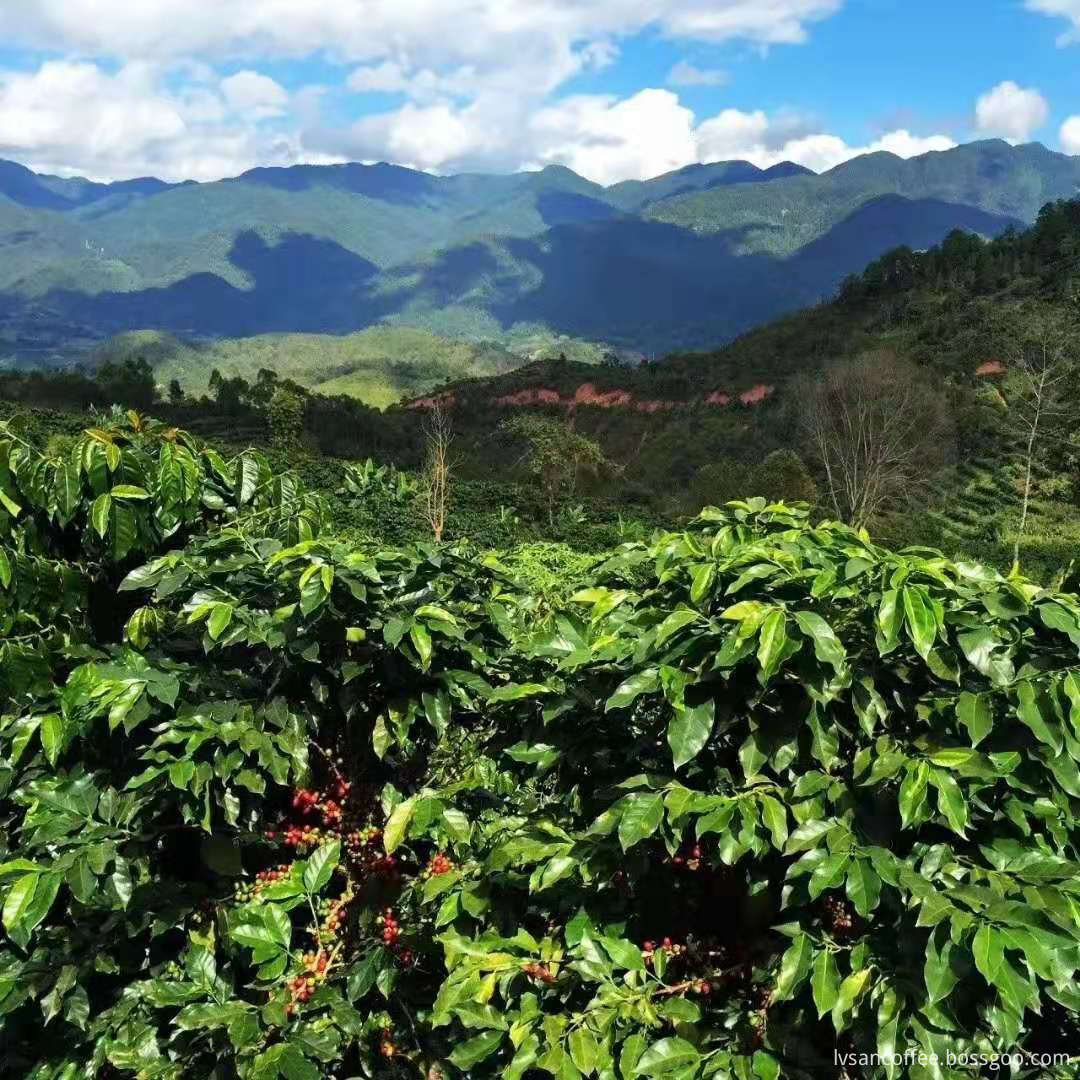China Green Coffee Beans
flavor: mellow and balanced, with fruit acid flavor, nuts, honey, chocolate, citrus;
Variety:Aribica
processing method: washing;
water content: less than 12%;
packaging: 60kg / bag
In 1892, French missionary father Tian Daneng preached in Dali, Yunnan Province, China. In order to drink coffee, he taught local villagers to grow and drink coffee. Up to now, coffee has been planted in Yunnan Province of China for more than 100 years, with an area of 120000 mu. Most of the varieties planted in Yunnan are ccatimor, with an altitude of 1000-1500m, The coffee produced in Yunnan has a balanced taste, rich nut and citrus flavor, some of which are very sweet, with obvious taste of chocolate, toffee and maple sugar. It is one of the high-quality coffee producing areas. Our coffee is produced at the junction of Puer and Burma - the Myitkyina original jungle beans at 1500-1750, with a rich flavor, high aroma and high sweetness. The 2019 international coffee cup Masters Tournament (China finals) is sponsored by beans.

Bulk Green Coffee Beans,Light Roast Coffee Beans,Green Robusta Coffee Beans,Arabica Roasted Coffee Beans
Yunnan New Biology Culture Co,.Ltd , https://www.lvsancoffee.com